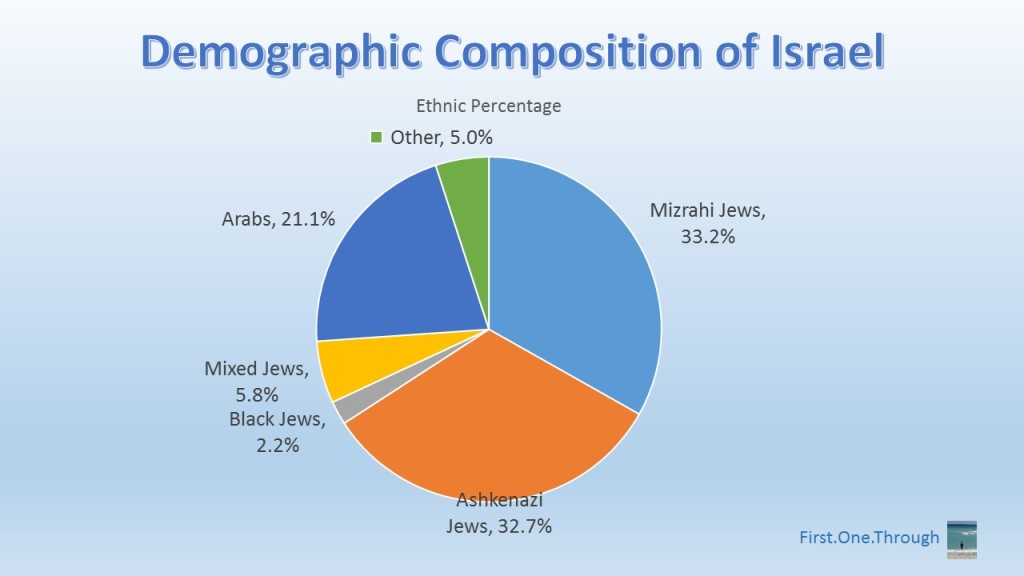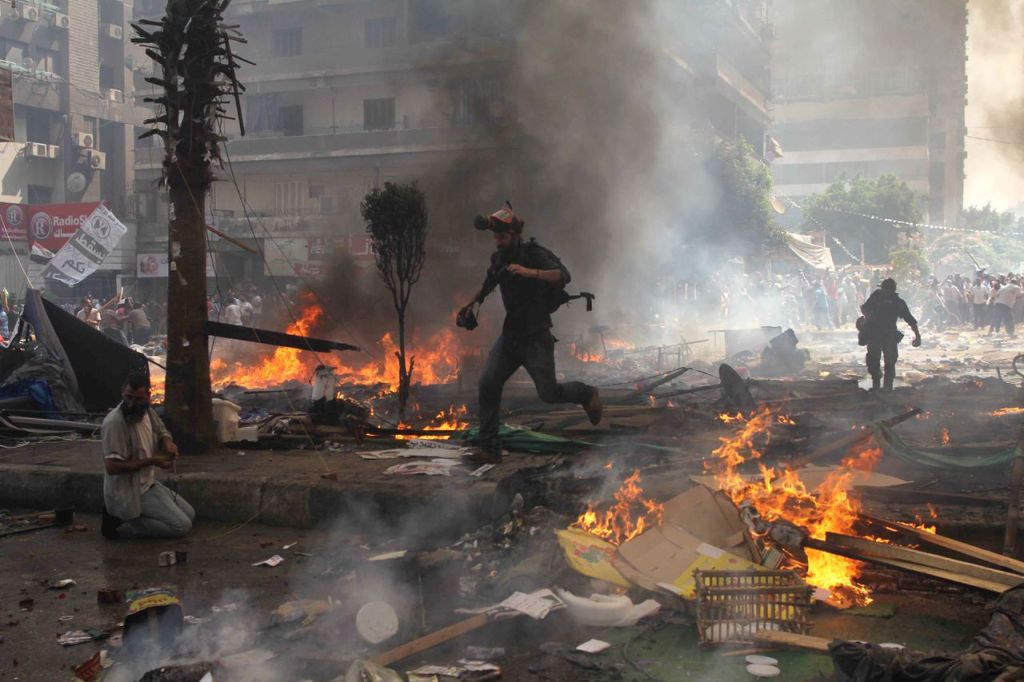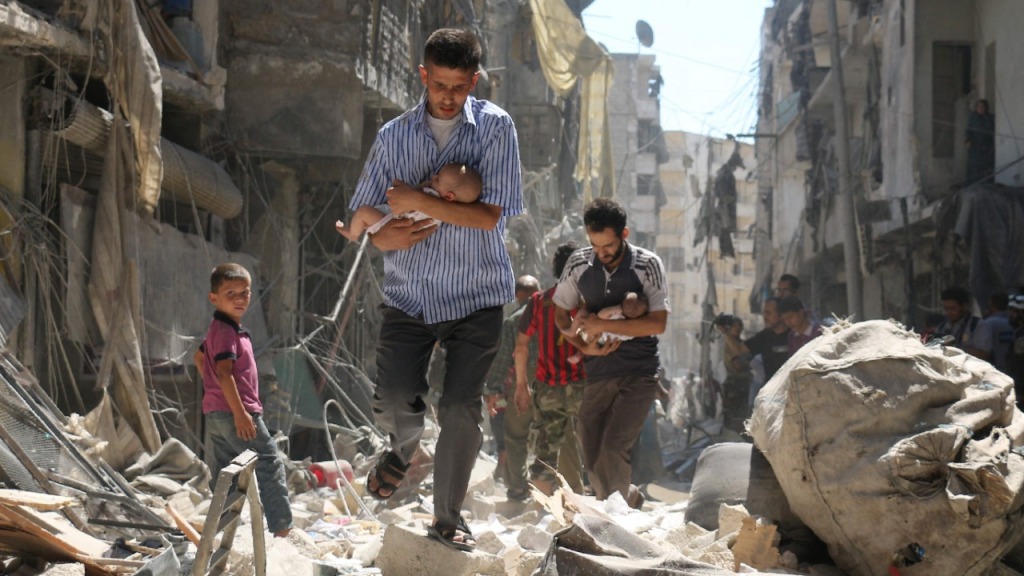The streets of Israel are teeming with hundreds of thousands of people protesting the proposed changes to the country’s judicial system. It is a global lesson in democracy.
An Education About The Supreme Court
The current protests are not about the price of cottage cheese (there actually was such a protest in Israel!), raising the age of retirement (as in France), or about changes to police enforcement (as in the USA), but about how the country’s Supreme Court is elected and functions. Something seemingly so nuanced and esoteric as to be beyond the interest of the masses, yet they’ve come out to protest for weeks and months to argue for compromise.
The proposed five changes are seemingly small but the impact is potentially large. As people delve into the details, they are getting a civics lesson about the checks-and-balances that maintain a healthy democracy.
Elections
The bedrock of democracy is the rights of citizens to elect their leaders. Israel is so focused on the will of its citizens, it remarkably held five elections in four years! It sounds preposterous, especially in the middle of the illiberal Middle East which has leaders for life with either no or sham elections.
Israel obviously did not do this intentionally, as governments are intended to sit for several years. However, the country’s parliamentary system enables coalition members to withdraw and thereby dissolve its majority position. In slim majority coalitions, a single upset member of parliament can bring about a collapse of the majority and calls for a new election. The Prime Minister can do little about it, other than negotiate, beg and plead to keep his coalition together.
Israeli citizens watch this theater in real time, and get to choose the next chess pieces to place on the board. It is a thoroughly engaged, active – and yes, oftentimes dysfunctional – democracy. As Winston Churchill said “No one pretends that democracy is perfect or all-wise. Indeed it has been said that democracy is the worst form of Government except for all those other forms that have been tried from time to time.”
Despite the flux and hysteria, the people of Israel voted in peace and the transition of power happened without violence.
Checks and Balances
The Kohelet Policy Forum which drafted the proposed changes to the country’s judicial process, is just as sensitive to the checks-and-balances of power as those protesting the changes. Those for and against the rules do not want any branch of the government to have unlimited control of society. An election won is not a certificate to overhaul every aspect of society and civil protection, and unelected judges chosen by unelected officials should not be able to trump laws and the government willy-nilly.
Both the protestors and those backing the judicial overhaul are debating a crucial principle of creating and maintaining a healthy society.
Majority Rule And Protection Of Minorities
The democratic process of choosing a government via elections is meant to empower the will of the majority of voters. However, it is a liberal democracy that enshrines protections of the minority through laws.
Israel has many groups who could be considered minority groups. Israeli Arab citizens number about 1.6 million and about 2 million including those with permanent residency status. There are about 160,000 Ethiopian Jews and 1.3 million ultra Orthodox Jews. They got to vote and make their concerns heard, and also count on the legal system to protect their basic rights.

Which is part of the interesting dynamic in Israel. The country does not have a constitution and relies on Basic Laws for fundamental rights and protections. People are appreciating the role of the parliament and judiciary in such a situation, and considering whether enacting a constitution would be beneficial.
Peaceful Protests
Israelis of all walks of life have made their feelings known. Professional lawyers, doctors and bankers rallied in squares. Laborers and workers blocked highways. Military personnel refused to serve. CEOs took their monies out of the country.
All peacefully.
This is in sharp contrast to the so-called ‘Arab Spring’ protests in neighboring Arab countries.
In Egypt, 846 people were killed in protests, which saw the head of the country get thrown out and put in jail, followed by an election in which the people chose a radical Islamist, who was in short order thrown out of office by the military.

In Syria, the protests led to a brutal crackdown by its leader with over 2,500 people killed in the first months. It soon turned into a full civil war with over 500,000 killed and many millions displaced internally in Syria and as refugees abroad.
In Yemen, 2,000 civilians were killed in the first few months of their protests, which became a proxy war between Iran and Saudi Arabia once the ruler fled the country. The estimate of the dead now stands at 150,000. It has become the world’s worst failed state.
The violence continued throughout the Arab world, including in Tunisia (estimated 338 dead), Sudan (over 200), Bahrain (120) and Saudi Arabia (24). In Libya, the United States helped the rebels kill its leader, and the resulting tumult has led to as many as 20,000 killed. The country is now a haven for terrorist groups including ISIS and al Qaeda.
In the middle of this Middle Eastern firestorm of anger and bloodshed, the Jewish State has sit ins, fighting for the rule of law while protecting and believing in it.
What can be more democratic than: open, fair and repeated elections; the smooth transition of power from one government to the next; ensuring checks-and-balances in the government; and the ability to protest peacefully to those in power?
Israel is giving a basic civics lesson to the entire world about the importance and mechanics of proper courts of justice, the seventh of the Noahide Laws. It should be proud.
Related articles:
Israel, the Liberal Country of the Middle East
Nakba 2: The Victory of a Democracy
In Israel, the Winner is… Democracy
The Baker and Government Doth Protest Too Much
Liberal’s Protest Bubble Harms Democracy
{Reposted from the author’s blog}

















